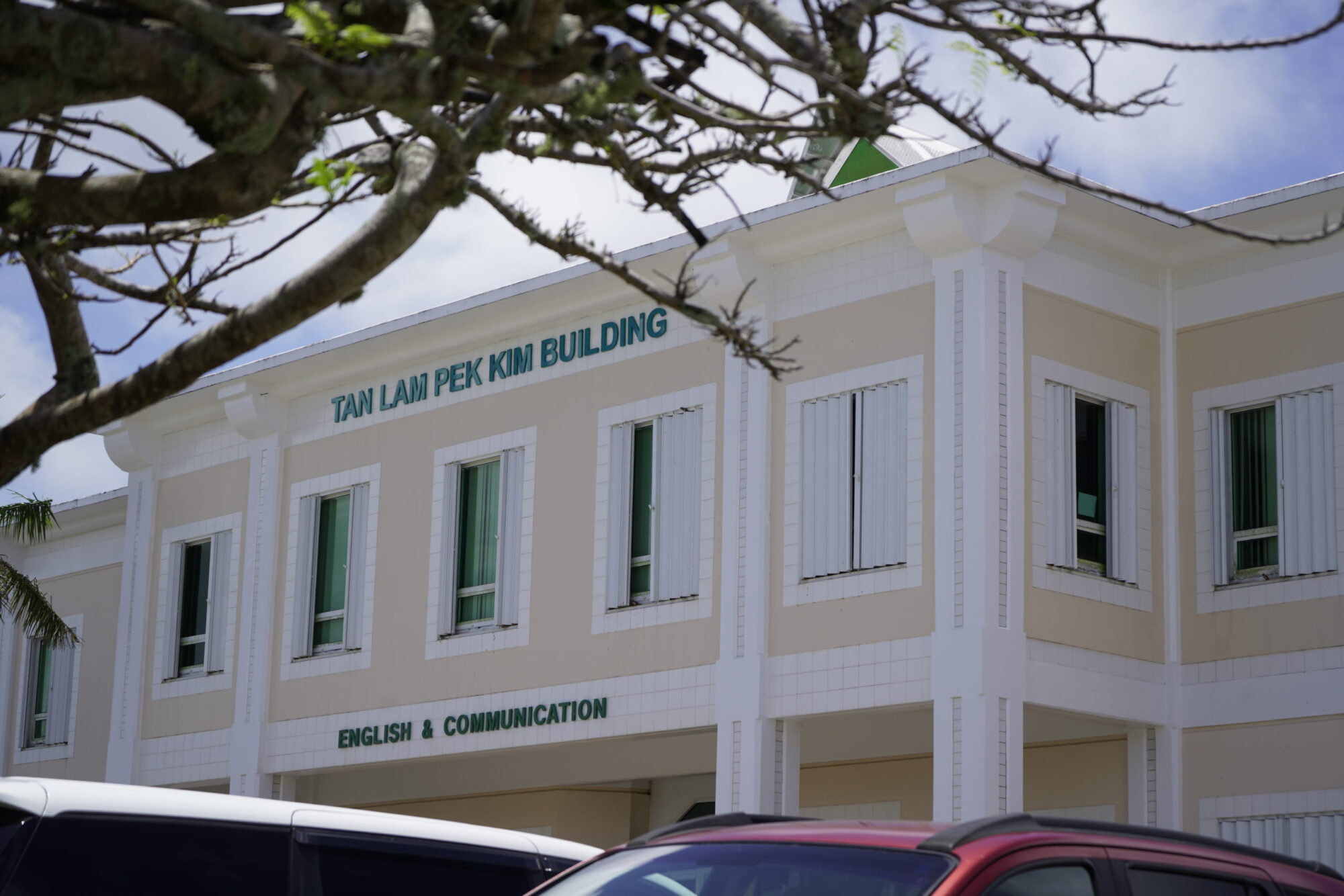MANGILAO – The University of Guam conferred around 500 undergraduate degrees in its 2020-2021 Academic Year, the second highest number of degrees conferred in the past ten years despite the impact of the COVID-19 pandemic on the island. For some graduates, the search for work begins right after they receive their degree.
According to UOG’s Office of Development and Alumni Affairs, of 122 alumni that graduated in the Spring of 2020 that received a bachelor’s degree, 54% report working a full-time job 12-months after their graduation.
This is a 3% increase from the year prior.
Furthermore, of 77 alumni, 84% received employment for a job related to their major in that year.
Finding work after graduation
Despite a high number of alumni receiving work related to their degree, some students struggle to find work.
Breanna Perez, who received a bachelor’s degree in Pacific Island Studies with an emphasis in CHamoru Studies in the Fall of 2021, applied to several organizations in the private and public sectors.
Like other students at the University, Perez utilized student loans to help pay for her tuition. Now she looks for a feasible solution to pay it back.
“The main difficulty I have right now is finding an entry level job in my field that is open,” said Perez.
She mentions that her lack of work experience related to her field reduces her qualifications in the jobs listed.
Perez owes over $25,000 in student loans. To her benefit, the U.S. Department of Education extended the federal student loan payment pause till Aug. 31 of this year.
She currently works as a part-time, retail cashier to temporarily support herself while she searches for a full-time job related to her field.
Mason Obispo, an English and Philosophy double major who also graduated in the Fall of 2021, has a different perspective on his situation.
He works as a part-time sales associate, cashier, and stock person at Calvin Klein since 2018 throughout his time in college and plans to find career growth within the company, utilizing his skills he learned from each degree.
“So the current work that I do is customer service and going to school for the past four years for [a literature degree] and then picking up a philosophy degree, I feel that there are skills that are learned that [I] can apply to customer service and I guess the whole operations in regard to retail the first,” said Obispo. “One is the ability to articulate things and to analyze them uh this is something that you learn strongly in literature in the ways that you read something and you’re able to kind of go about and deriving a meaning of something. In a similar sense, philosophy trains you to be analytical and to justify your claims and stuff like that and when it comes to
collaboration with management or with other coworkers and becomes extremely easy and in a good way like here you can your message across and have it to where you’re not jumbling everything.”
Beyond his work at Calvin Klein, Obispo is a music producer for several local artists.
Guam’s labor force at a glance
The COVID-19 pandemic greatly impacted Guam’s labor force and local economy. The pandemic put many residents temporarily out of work for several months due to island wide lockdowns and travel restrictions.
According to the Government of Guam’s Department of Labor’s Bureau of Labor statistics, in 2020, the average unemployment rate for that year of the civilian labor force was 18.2%.
The unemployment rate reached its lowest in Sept. 2021 at 8.1%.
In Mar. 2021, there were 60,680 employed workers across all sectors.
Guam’s largest source of employment is the private sector. Providing over 40,000 jobs for the island’s working population. Within this sector, tourism is the island’s leading industry.
Although more recent statistics on Guam’s employment situation are not yet available, increases in the tourism industry should be expected as the island’s legislation on COVID-19 restrictions ease with lowering number of cases.
For the University of Guam’s Students
With many students entering the University directly from high school, the emphasis for students to actively build their resume and build career opportunities should be prioritized in some programs according to Perez.
“With this sort of idea or initiative it would allow students to find themselves through these opportunities for job security in the future as well as take preventative measures of possible changing of degree programs,” said Perez.

